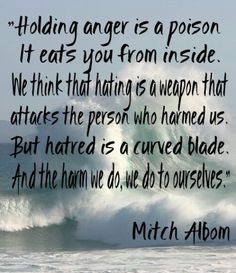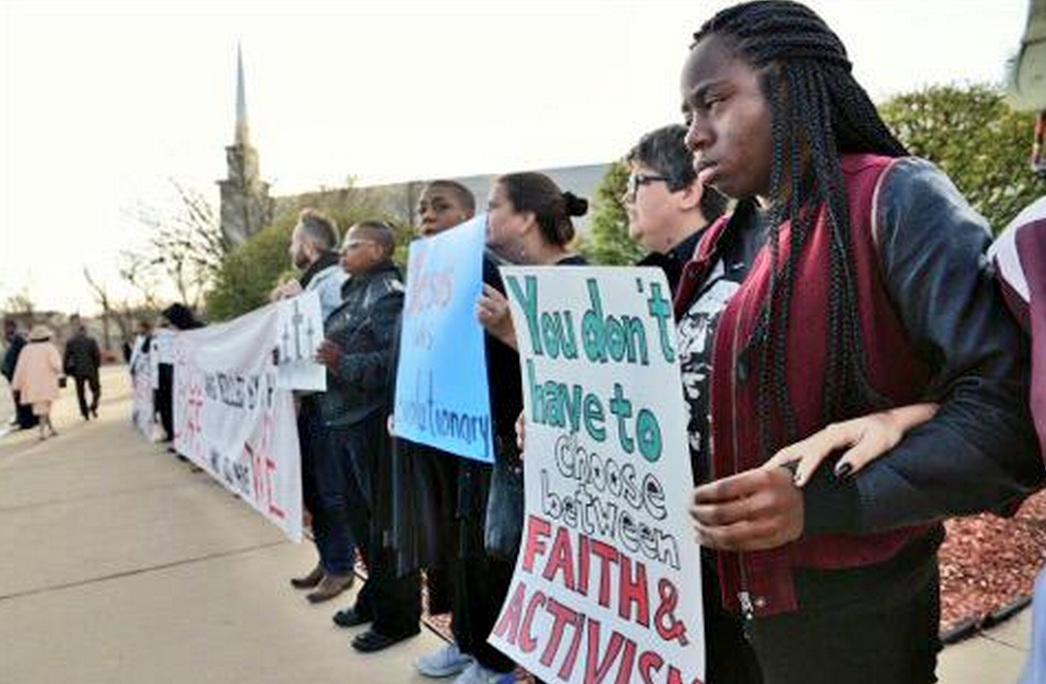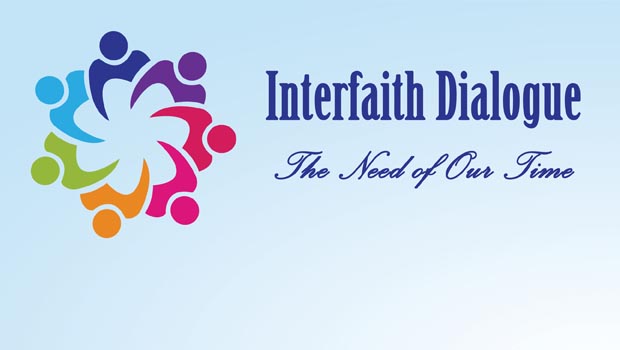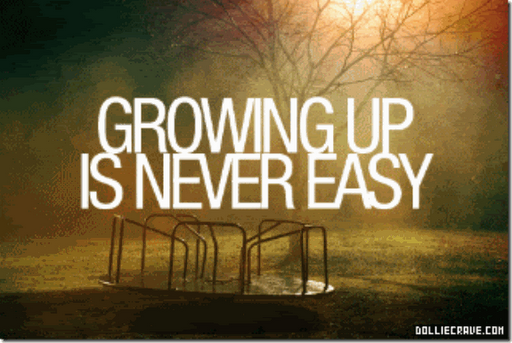
By: Melanie Kulatilake
“[They] abused me, [They] struck me, [They] overpowered me, [They] robbed me.” Those who harbor such thoughts do not still their hatred.
“[They] abused me, [They] struck me, [They] overpowered me, [They] robbed me.” Those who do not harbor such thoughts still their hatred.
-Quote from the Buddha in the Dhamapada Chapter 1
The experience of abuse, being stricken, being overpowered, or robbed is an experience anyone can have at some point in their life. These experiences may seem like causes for hatred towards the one that has done you wrong but, Buddha argues that this will only make you feel unhappy in the end. As people, we hold onto angers from the pettiest things to the most life changing events. The quote above, within the context of Buddhist ideals, means that all hatred no matter how justified it may seem is damaging to ones sanity and happiness.
It is important to understand this quote from the perspective of a practicing Buddhist. In Buddhism there is no right or wrong way to live or act. The Buddha is understood only as a human being and therefore recognizes that he has no right to tell us how to act or behave. The Buddha believes that you have to come up with realizations of life from your own experiences. That is why the Buddha simply states and does not demand that you “still your hatred.” It is important that you recognize yourself the damages hatred causes.
Hatred: the strong resentment you hold for another. We seek to justify our hatred. However, the Buddha would argue that there is no justified hatred. Hatred can be caused by many things, form the smallest acts to the most extreme offensive. WE can all imagine the smallest things that cause distain towards another. In such extreme offenses like physical abuse, molestation, robbery, verbal insult, and mental destruction, hatred may seem justified. Some might argue that a person who faces such dire abuse is justified in their hatred because they have been extremely wronged. Yet, Buddhist would still argue that hatred is never warranted. The one who hates is the person who hurts the most in the end rather than the one being hated.
Harboring hatred is physically and psychologically damaging to oneself. Scientists have proven time and time again that holding onto anger generates toxic chemicals in your body. The renowned Doctor Davis Suzuki says in “‘The Sacred Balance’, ‘condensed molecules from breath exhaled from verbal expressions of anger, hatred, and jealousy, contain toxins. Accumulated over 1 hr, these toxins are enough to kill 80 guinea pigs!’”. Though hatred can be physically damaging it often feels right.
Focusing on the positives when someone is acting in a way that is inhuman is not an easy task and nor should it ever be considered one. Reaching the understanding that hatred is not healthy for you is difficult. A Tibetan Monk by the name of Palden Gyatso was imprisoned for 33 years by the Chinese. He faced unspeakable tortures by the guards who had no respect for him as a human being. In his memoir he reflects, “when I was being tortured by my guards, I had immense hatred against them because I was being hurt. But, as a religious person, after the event I could reflect on what had happened, and I could see that those who inflicted torture did so out of their own ignorance. As a religious person I have to sit back and ask myself, what is all this? Buddhist teachings say, don’t let your calm be disturbed and do not respond to anger with anger.’” He realized that more hatred would not solve his problem. The only way for him to attain peace was to observe his circumstances and find a solution. He chose to no let hatred control him.
Sometimes we may find it difficult to relate our actions to religious leaders like monk Gyatso because we may not practice our religion in such depth. The Buddha teaches that giving up hatred and finding inner peace should be a reality of being a human. Alice Sebold is a rape victim and she realized that in order for her to live a happy life she would have to let go of her hatred towards her attacker. Alice struggled to tell her attacker “I forgive you,”… I said what I had to. I would die by pieces to save myself from real death.” She realized she would slowly kill herself on the inside if she never let go of her anger.
How you react to a situation is what you have control over. You have the ability to still your hatred. Holding onto your anger only hurts you in the end. Buddha’s message is that you deserve a life where you can move on and find happiness by letting go of hate. Letting go of hatred, thereby, making room for the positive aspects of life will lead to inner peace.




